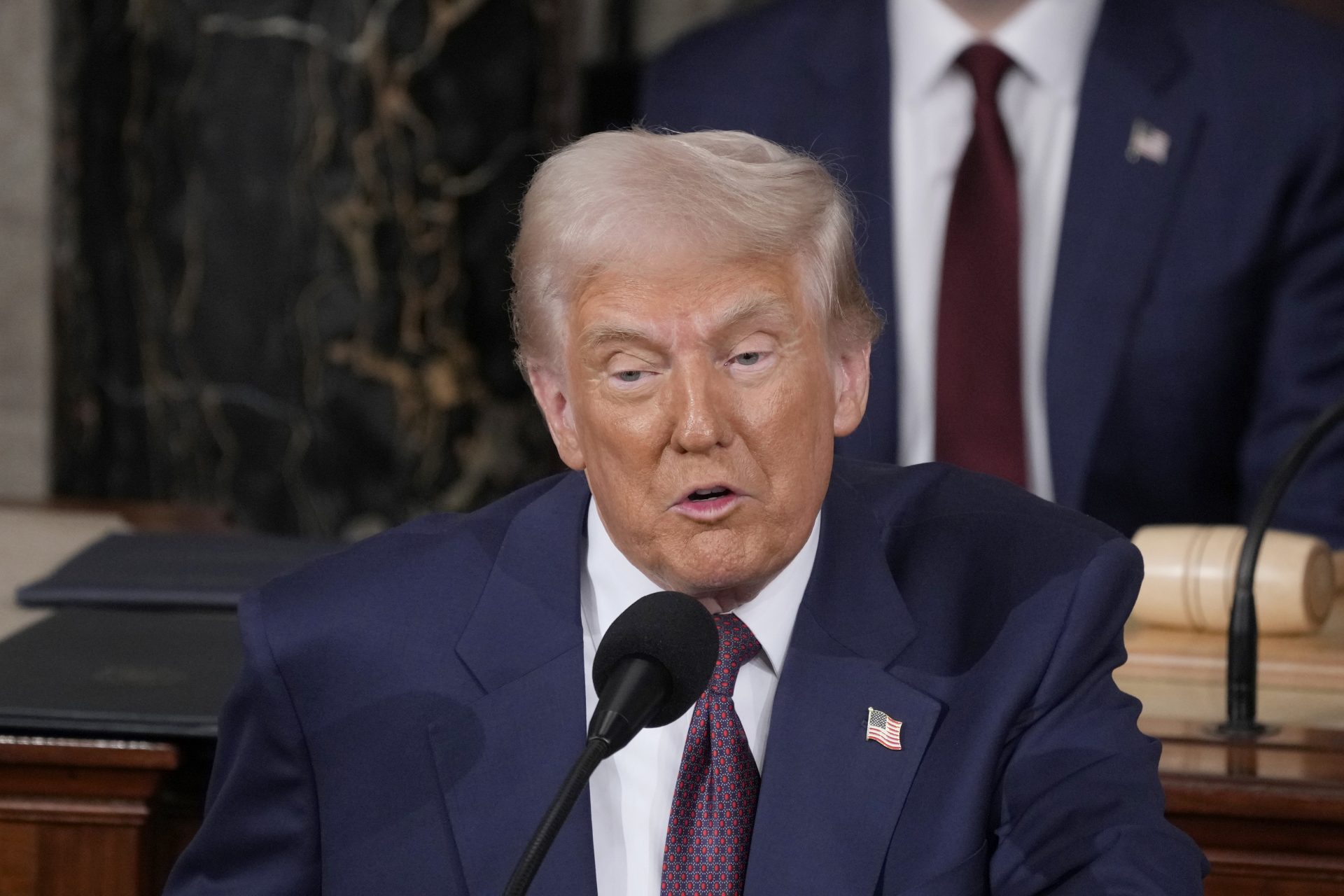The House v. NCAA settlement seemed to be the swansong of the amateur character of college sports. President Donald Trump seems to have other plans.
On Thursday, Trump signed the “Save College Sports” executive order, which prohibits third-party, pay-for-play payments and orders the Secretary of Labor and the National Labor Relations Board to consider student-athletes amateurs.
BREAKING: President Donald Trump has signed a College Sports Executive Order that prohibits third-party, pay-for-play payments to collegiate athletes🤯
Titled: “President Donald J. Trump Saves College Sports”https://t.co/86LKCEhLIF pic.twitter.com/xcc5X3sUAJ
— On3 (@On3sports) July 24, 2025
Fans were quick to react to the news, with mixed thoughts.
“Lol Texas is done for!” said one fan.
“does this mean the NIL is over?” asked someone else.
“They are only in college, let them make too much money & they won’t even want to go professional. Common sense policy,” seemed to agree one fan.
“This just ruined college football,” complained another fan.
“I don’t want politicians meddling in college sports,” Said another fan.
“This is genuinely great news, I don’t know why people are up in arms about this,” wondered someone.
How exactly this executive order will be enforced without violating previous rulings by federal judges and the Supreme Court remains to be seen. Interestingly, in the NCAA v. Alston case from 2021, Justice Brett Kavanaugh, appointed by President Trump in his first term, lambasted the NCAA for violating antitrust laws to prevent the student-athletes from receiving part of the revenue from the industry.
The court went as far as to call amateurism an outdated concept, which is used by the NCAA to fix the labor side of its market.

NCAA president reacts to Donald Trump’s “Save College Sports” executive order
NCAA President Charlie Baker quickly reacted to the news through a statement. Baker appreciated the executive order and opined that they will need help from federal lawmakers to maintain competitive balance in college sports.
“The NCAA is making positive changes for student-athletes and confronting many challenges facing college sports by mandating health and wellness benefits and guaranteeing scholarships, but there are some threats to college sports that federal legislation can effectively address and the Association is advocating with student-athletes and their schools for a bipartisan solution with Congress and the Administration,” NCAA president Charlie Baker said in a statement.
“The Association appreciates the Trump Administration’s focus on the life-changing opportunities college sports provides millions of young people and we look forward to working with student-athletes, a bipartisan coalition in Congress and the Trump Administration to enhance college sports for years to come,” he added.
What this will mean to college sports remains to be seen. The reality is that the regulatory environment is becoming quite complicated with the House v. NCAA settlement, now the “Save College Sports” executive order, and the “SCORE ACT” currently going through Congress.

